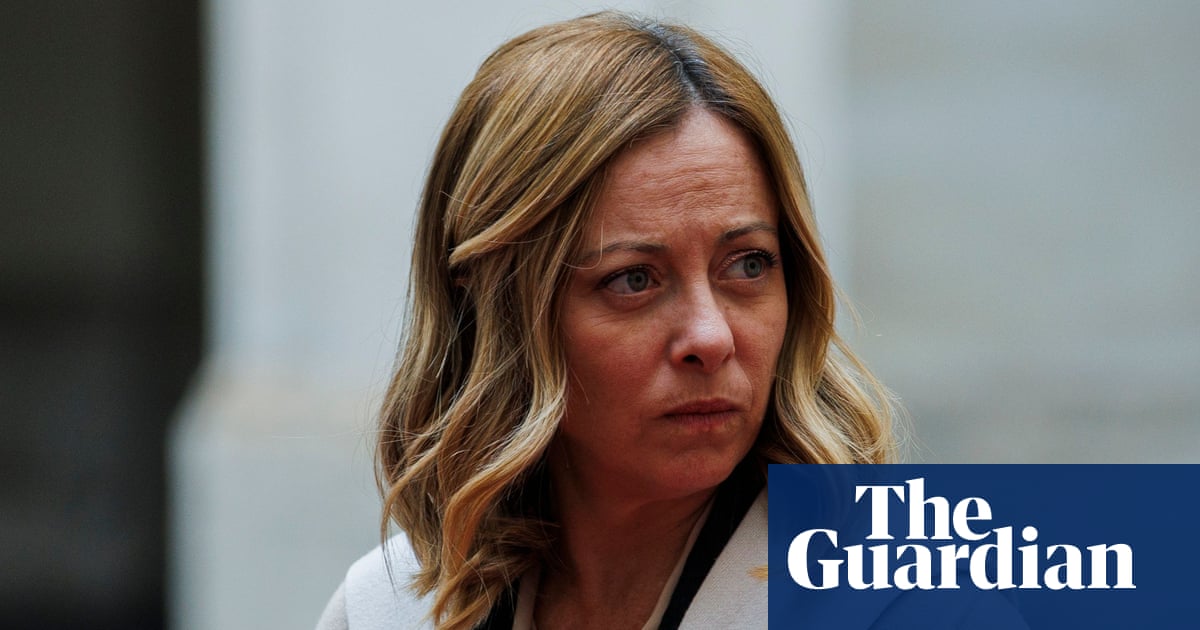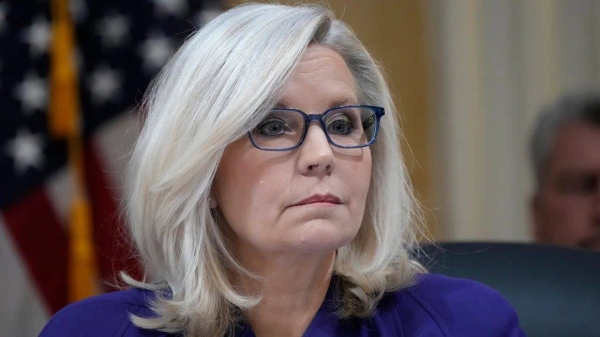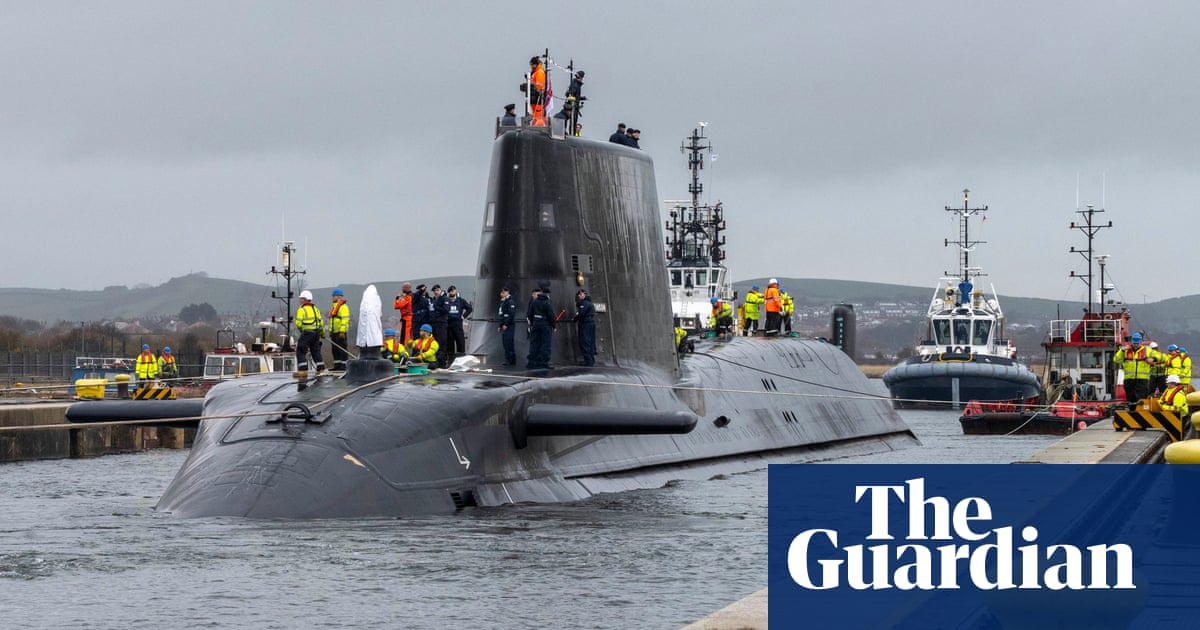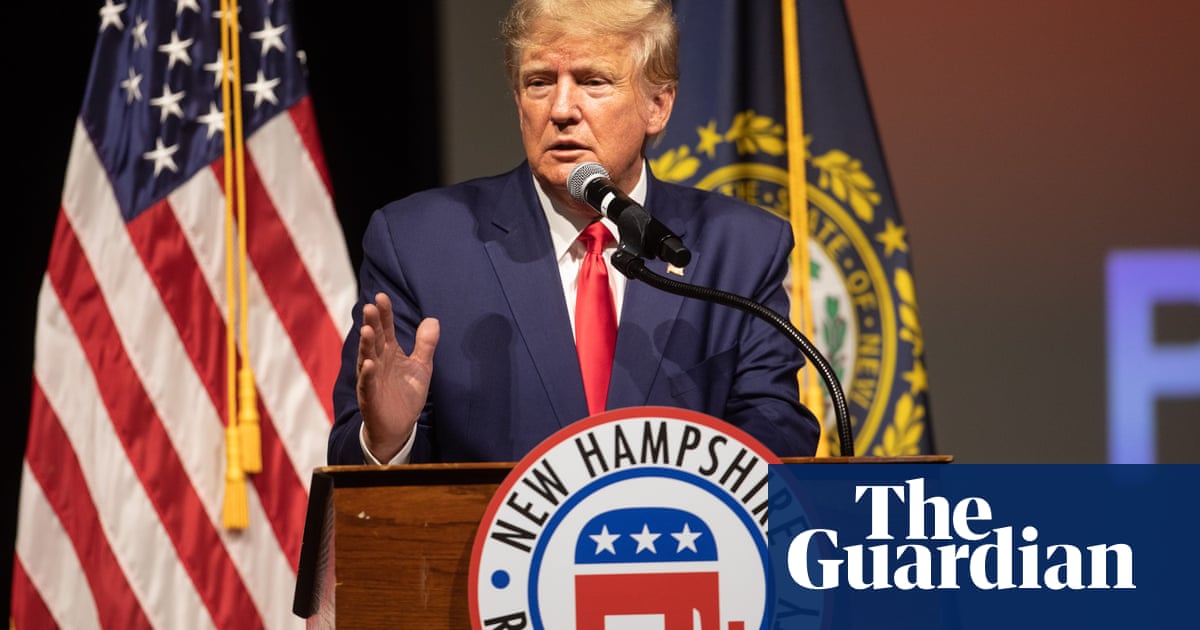
Tehran announced “clearly” on Thursday its unwillingness to hold future negotiations if US President Donald Trump withdrew from the nuclear deal.
Iranian Foreign Minister Mohammad Javad Zarif accused European countries of working to please the US administration, and resorted to Iran’s banned YouTube website to address the public opinion, after he had exhausted all means to access the US media over the past month in order to pressure the US president to reconsider the deal.
“Iran will not renegotiate what was agreed years ago and has been implemented,” Javad Zarif said, as quoted by Reuters.
“Let me make it absolutely clear and once and for all: we will neither outsource our security nor will we renegotiate or add onto a deal we have already implemented in good faith,” he added.
Zarif went on to say: “It now appears that ... some Europeans have been offering more concessions from our pocket,”
“This appeasement (of Trump) entails a new deal that would include matters we all decided to exclude at the outset of our negotiations,” he stated.
Reuters quoted sources close to the US administration as saying that Trump “has all but decided to withdraw from the 2015 Iran nuclear accord by May 12 but exactly how he will do so remains unclear.”
The sources added there was a chance Trump might choose to keep the United States in the international pact under which Iran agreed to curb its nuclear program in return for sanctions relief, in part because of alliance maintenance with France and to save face for French President Emmanuel Macron, who met Trump last week and urged him to stay in.
Meanwhile, diplomats said that if Trump decided not to extend the lifting of sanctions on Iran, it would lead to the collapse of the deal and could provoke a violent reaction from Iran, which could resume its nuclear program or escalate the situation through the Revolutionary Guards’ militia in Syria. Iraq, Yemen and Lebanon.
UN Secretary General Antonio Guterres urged Trump on Thursday not to scrap the JCPOA, in an interview with BBC Radio 4.
“If one day there is a better agreement to replace it it’s fine, but we should not scrap it unless we have a good alternative,” he said.
“I think it will be important to preserve it, but I also believe there are areas in which it will be very important to have a meaningful dialogue because I see the region in a very dangerous position,” he added.












